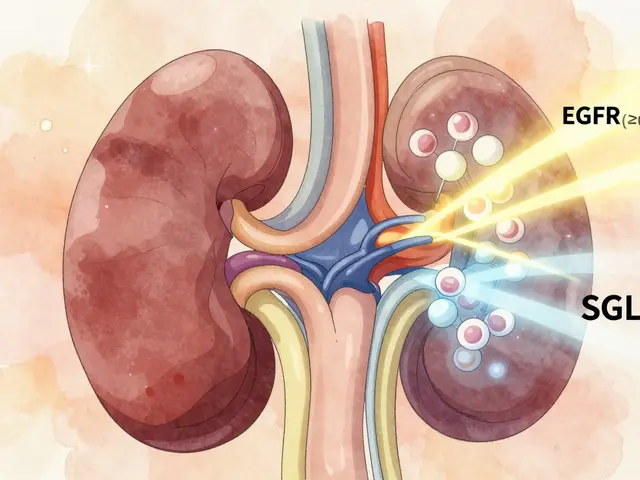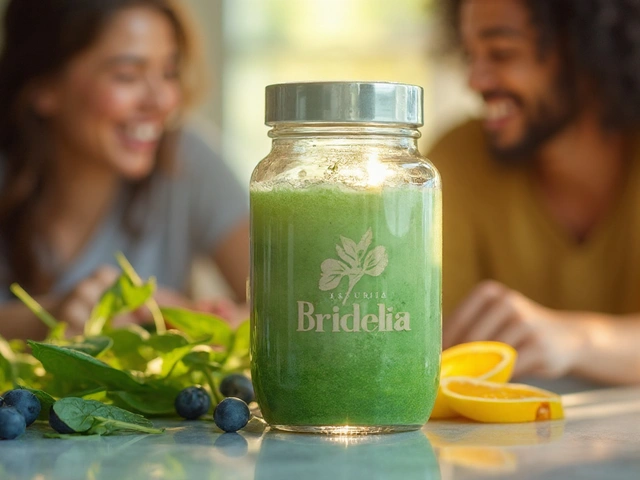Antioxidants: What They Do and How to Use Them
Ever wonder why your grandma swears by berries and green tea? She’s actually tapping into antioxidants – the molecules that chase down harmful free radicals in your body. When free radicals run wild, they damage cells and speed up aging. Antioxidants step in like a cleanup crew, neutralizing those troublemakers and keeping your system running smoother.
How Antioxidants Work
Think of free radicals as rust on a bike. Over time, that rust weakens the frame. Antioxidants are the oil that slows the rust down. They donate electrons to unstable molecules, making them stable without becoming harmful themselves. This process helps protect DNA, heart tissue, and skin from oxidative stress. The result? Less inflammation, better recovery after workouts, and a lower risk of chronic diseases.
Best Ways to Get Antioxidants
Fresh foods win the race. Blueberries, strawberries, kale, spinach, and nuts pack a punch of vitamins C and E, flavonoids, and carotenoids. If you’re short on time, a handful of dried goji berries or a splash of pomegranate juice can fill the gap. For many, a daily supplement feels easier, but not every pill is created equal. Look for products that list specific active ingredients – like astaxanthin, quercetin, or resveratrol – and avoid blends that hide low dosages behind fancy names.
When you pick a supplement, check the label for standardization. That means the company guarantees a certain percentage of the active compound, so you know you’re getting what’s promised. Stick to brands that follow Good Manufacturing Practices (GMP) and have third‑party testing. This reduces the chance of contaminants or missing ingredients.
How much should you take? Dosage varies by compound. Vitamin C is safe up to 2,000 mg a day, but most people feel benefits at 500 mg. For curcumin (the bright yellow in turmeric), 500 mg with black‑pepper extract boosts absorption. Start low, watch how you feel, and adjust if needed. If you already take prescription meds, especially blood thinners, talk to a pharmacist before adding high‑dose antioxidants.
Timing can matter, too. Some antioxidants like vitamin E work best with meals that contain fat, helping the body absorb them. Others, such as vitamin C, are water‑soluble and can be taken on an empty stomach. Pairing antioxidant‑rich foods with a bit of healthy fat – olive oil on a salad, a handful of almonds with fruit – maximizes the benefit.
Finally, remember that antioxidants complement, not replace, a balanced lifestyle. Regular exercise, adequate sleep, and stress management all reduce the production of free radicals. Combine those habits with a colorful plate and, if needed, a quality supplement, and you’ll give your body a solid defense against oxidative wear and tear.
Ready to boost your antioxidant game? Start by adding one new fruit or veg to each meal this week, and pick a reputable supplement that lists exact active doses. Your future self will thank you when you feel more energetic, recover faster, and notice healthier skin.

Honey Health Benefits: Boost Immunity and Improve Wellness Naturally
- By : Archer Hamilton
- Date : Sep 22 2025
Discover how honey can enhance your health and strengthen immunity. Learn its nutrients, anti‑inflammatory power, and smart ways to use it as a natural sweetener.





